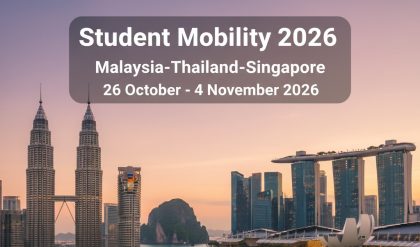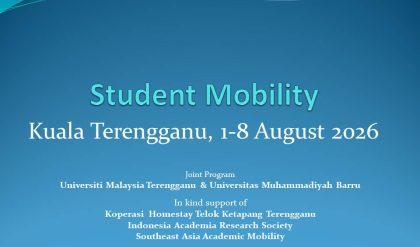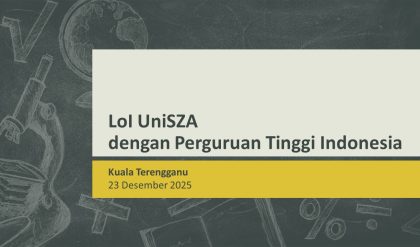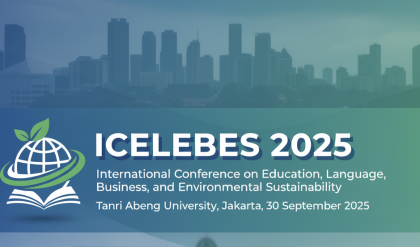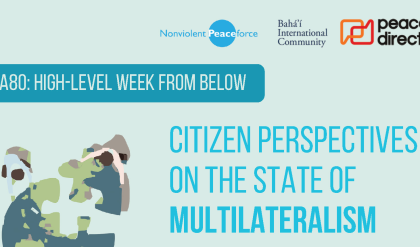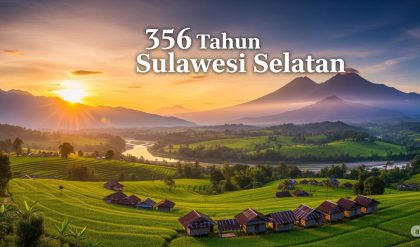Unmuhbarru.ac.id, Barru – Foundations of Interreligious and Intercultural Dialogue: Global Perspectives – October 1st at Noon EDT.
The foundation of Interreligious and Intercultural Dialogue is rooted in the recognition of a globally interconnected and diverse world, where different belief systems, cultural traditions, and identities coexist. This concept centers on fostering constructive, cooperative, and positive interaction between people of various religious faiths and cultural backgrounds.
The goal is to move beyond mere tolerance to genuine mutual respect, understanding, and empathy, acknowledging that no single tradition holds the exclusive claim to truth or possesses all the solutions to humanity’s complex problems. It requires an openness to difference, a willingness to learn from the “Other,” and a commitment to transcend historical prejudices and misinformation.
Globally, the impetus for dialogue stems from a practical necessity to address shared social and political challenges and to combat forces of extremism, polarization, and violence. Key principles guiding this dialogue include the need for participants to approach each other with equal human dignity, prioritize shared moral, ethical, and spiritual values (such as peace, justice, and tolerance), and engage in a “dialogue of the hands” by collaborating on real-world issues like poverty, environmental sustainability, and conflict resolution.
This practical, problem-solving approach transforms dialogue from a purely academic or theological exercise into a vital peacebuilding tool and a framework for building cohesive, inclusive societies.
Ultimately, Interreligious and Intercultural Dialogue serves as a powerful channel for social cohesion and a cornerstone for global peace and justice. By creating platforms for honest communication, the practice deepens individuals’ understanding of their own traditions while simultaneously enriching their perspectives through exposure to others.
The dialogue process is inherently transformative, challenging stereotypes and building trust across divides. This proactive engagement, supported by international organizations and religious leaders alike, is seen as an ethical imperative for survival and for navigating the complexities of a pluralistic world, enabling communities to build a common future where diversity is a source of strength and mutual enrichment.
